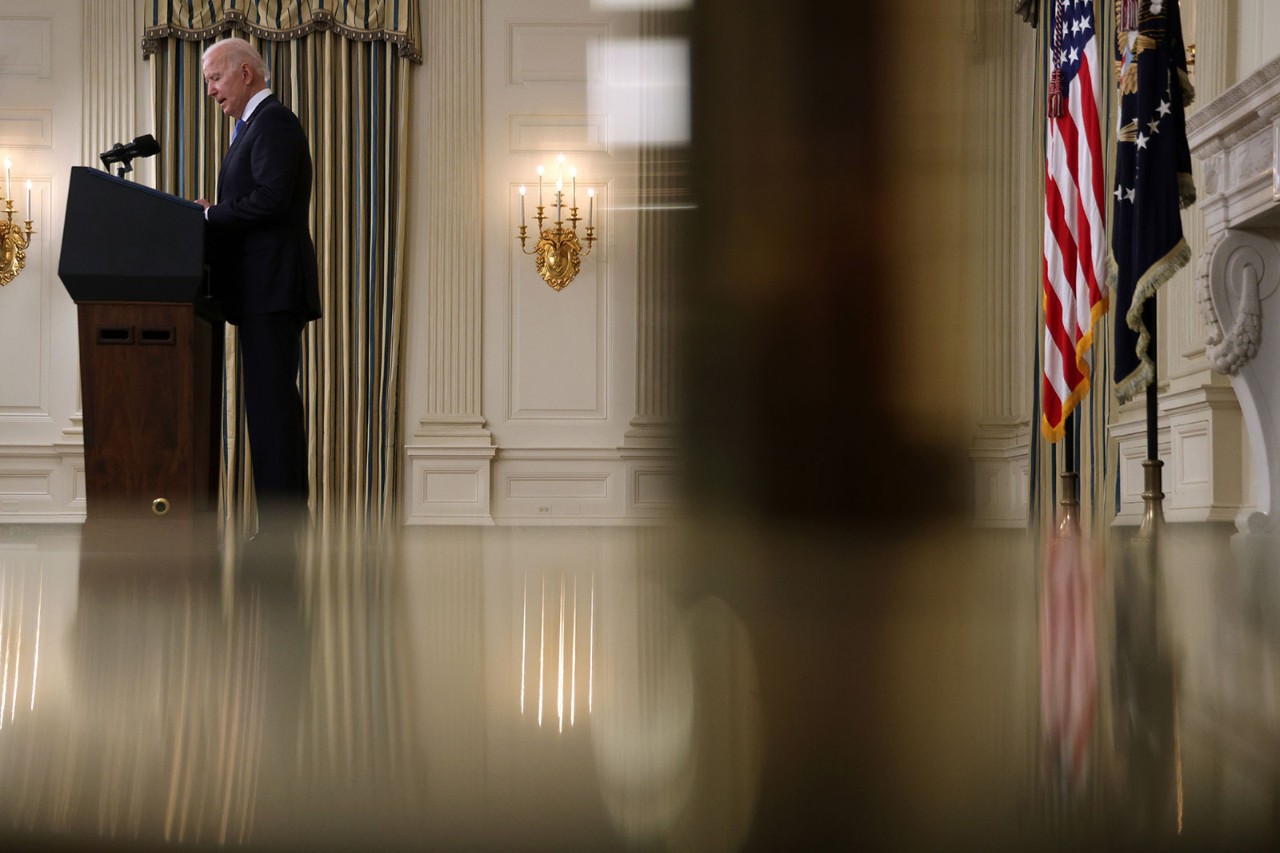
ACCA Hong Kong’s annual tax conference, held in March, considered the impact of the Pillar one and Pillar two blueprints for the Base Erosion and Profit Shifting (BEPS) 2.0 project. Inland Revenue commissioner Tam Tai-pang FCCA told the conference that Hong Kong is striving to play by the international rules while keeping its tax regime simple and fair for businesses.
‘The implementation of BEPS 2.0 will have a significant impact on multinational enterprises and local tax administrations. Hong Kong is no exception,’ Tam said.
‘The implementation of BEPS 2.0 will have a significant impact on multinational enterprises and local tax administrations'

He explained that Pillar one is about developing new nexus and profit allocation rules for profits derived from automated digital services and consumer-facing businesses in order to expand the taxing rights of jurisdictions where customers or users are located.
The rules are intended to be implemented consistently among members of the OECD/G20 Inclusive Framework on BEPS to achieve a fairer and more efficient allocation of taxing rights.
Meanwhile, Pillar two focuses on developing the global anti-tax base erosion rules to ensure that large multinational enterprises pay a minimum level of tax and do not shift profits to jurisdictions where there is no tax or very low tax.
Implications
While consensus is yet to be reached among the Inclusive Framework members, Tam pointed out that the implementation of Pillar two could undermine Hong Kong’s competitiveness although countered that tax revenue is expected to increase, as in-scope multinationals would be required to pay top-up tax when their effective tax rate is lower than the minimum tax rate under Pillar two.
Tam added that since tax in Hong Kong works on the territorial source principle (ie only local income is taxed), exempts dividend and capital gains income, and has various preferential regimes, the effective tax rates of in-scope multinationals in Hong Kong may tend to be lower than the minimum rate, thus triggering the application of Pillar two rules.
He said that Hong Kong may need to modify double-tax agreements or arrangements of the Special Administrative Region (SAR) in order to implement the two pillars, eliminate double taxation, and prevent or resolve tax disputes. There may also be a mechanism for multilateral tax cooperation for Pillar one; Hong Kong will need to participate as it may have tax issues with multiple jurisdictions.
Possibilities
While the government is still consulting stakeholders on the possible responses to BEPS 2.0, Tam illustrated what could happen if Hong Kong decides to implement the rules.
Pillar one will apply as an overlay to the existing income tax system based on the arm’s length principle, with a mechanism to eliminate double taxation, he said.
If Pillar one is implemented, Hong Kong may translate those rules into its own tax law and participate in the multilateral framework proposed by the OECD.
Challenges
Meanwhile, Pillar two could be adopted by parent jurisdictions of foreign-headquartered multinationals operating in Hong Kong, or jurisdictions where Hong Kong-headquartered multinationals have operations. To avoid ceding taxing rights to these jurisdictions, Hong Kong may implement the global anti-tax base erosion rules under Pillar two – namely, the income inclusion and undertaxed payment rules, Tam said.
When the income inclusion rule is applied, Hong Kong can require top-up tax payments from in-scope Hong Kong-headquartered multinationals, when the effective tax rate of their overseas entities in any other jurisdiction is lower than the minimum tax rate.
Given that the income inclusion rule applies only to overseas entities, Tam said Hong Kong could introduce a domestic minimum tax, which would raise the effective tax rate of the Hong Kong entities of in-scope multinationals to meet the minimum rate under Pillar two. This will prevent other jurisdictions applying the income inclusion and undertaxed payment rules to the otherwise low-taxed profits of those Hong Kong entities.
But there is an ongoing debate over whether domestic minimum tax should be optional to benefit multinationals. If optional, Tam said that multinational groups may choose to pay the tax elsewhere, which could be Hong Kong’s loss.
Looking ahead
As businesses will be subject to higher tax rates, it remains to be seen whether Hong Kong will introduce other incentives for multinationals to stay business-friendly and competitive.
‘We can consider non-tax measures, such as improving the overall business environment, attracting talent or promoting re-industrialisation and smart government,’ Tam said.
Going forward, Hong Kong will aim to implement BEPS 2.0 according to international consensus and consider what measures to adopt to enhance its overall competitiveness with a view to attracting multinationals to invest and operate in the SAR.
‘Hong Kong will strive to minimise the impact on local SMEs where possible and maintain the simplicity, certainty and fairness of Hong Kong’s tax regime, as well as minimising the compliance burden on affected corporations while safeguarding Hong Kong’s taxing rights,’ Tam said.





